We recorded this podcast with Megan Hunter at Pritchard & Ure, an unusual bookshop/cafe/gallery in Camden, above a garden centre. It’s a place that feels both buzzy and peaceful, and not unlike this author, full of surprises. Before we sat down to talk, Megan enjoyed the books on display, floating among them like a radiant book fairy. She pointed to many of the titles as volumes she loved or knew or had at home (or all of the above). I showed her a few carefully wrapped antiquarian volumes (several first editions of Virginia Woolf’s novels, for example), which happen to be closely linked to the period and style of Megan Hunter’s new novel, Days of Light. She writes in a blue-painted shed in her garden in Cambridgeshire, she told me, and I could immediately see her there, writing on a sofa, no wifi, in a world of her own. A world she both imagines and inhabits with deep knowledge and feeling.
Her debut novel The End We Start From was almost a prose poem about new motherhood in dangerous times, and everything she writes, she says, ‘starts with the sentence’. This novel, too, is both fragile and robust, strong ideas distilled into delicate prose: “She marvels at the way a single day can unravel everything, like ribbon pulled from a present.” The narrative of Days of Light gently flows around six important days in the life of its protagonist, Ivy, a dreamy young girl when we meet her in 1938, full of poetic awe and love for her brother. She never loses that dreaminess as the world begins and continues to crumble around her, over many decades. Days of Light not only tells the very moving story of Ivy, but also of the many possibilities she plays with in her mind, because, well, they are all there.
At 28, I thought - is my life over, as a creative person? This novel is very much about new possibilities.
Megan Hunter speaks seriously but with an infectious smile and laugh as she reflects on being a mother (she has two children), religion (she studied to become an Anglican priest and this novel is luminous with her own take on faith), marriage (she married young), sexuality (her own has changed), poetry, literature, history, art, nature…. Each of her three novels has a different ring to it. I tell her that although Days of Light is clearly inspired by and partly set in the literary and artistic tableaux of the Bloomsbury Circle, I feel it has her very authentic own voice - on life and art.
There is a very intriguing bit of our conversation about how Megan Hunter adapts her own books into screenplays. She sees it as an opportunity to ‘make more changes to the original narrative’. Is a novel ever really finished? Or is there always more to explore, more possibilities…?
This novelist invites her readers to enjoy the unexpected, and to understand loss as part of one’s freedom to try yet another journey.
Publisher: Picador (Pan Macmilllan)

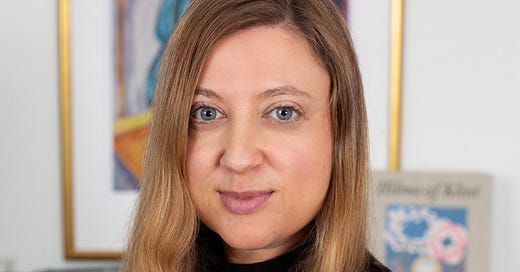


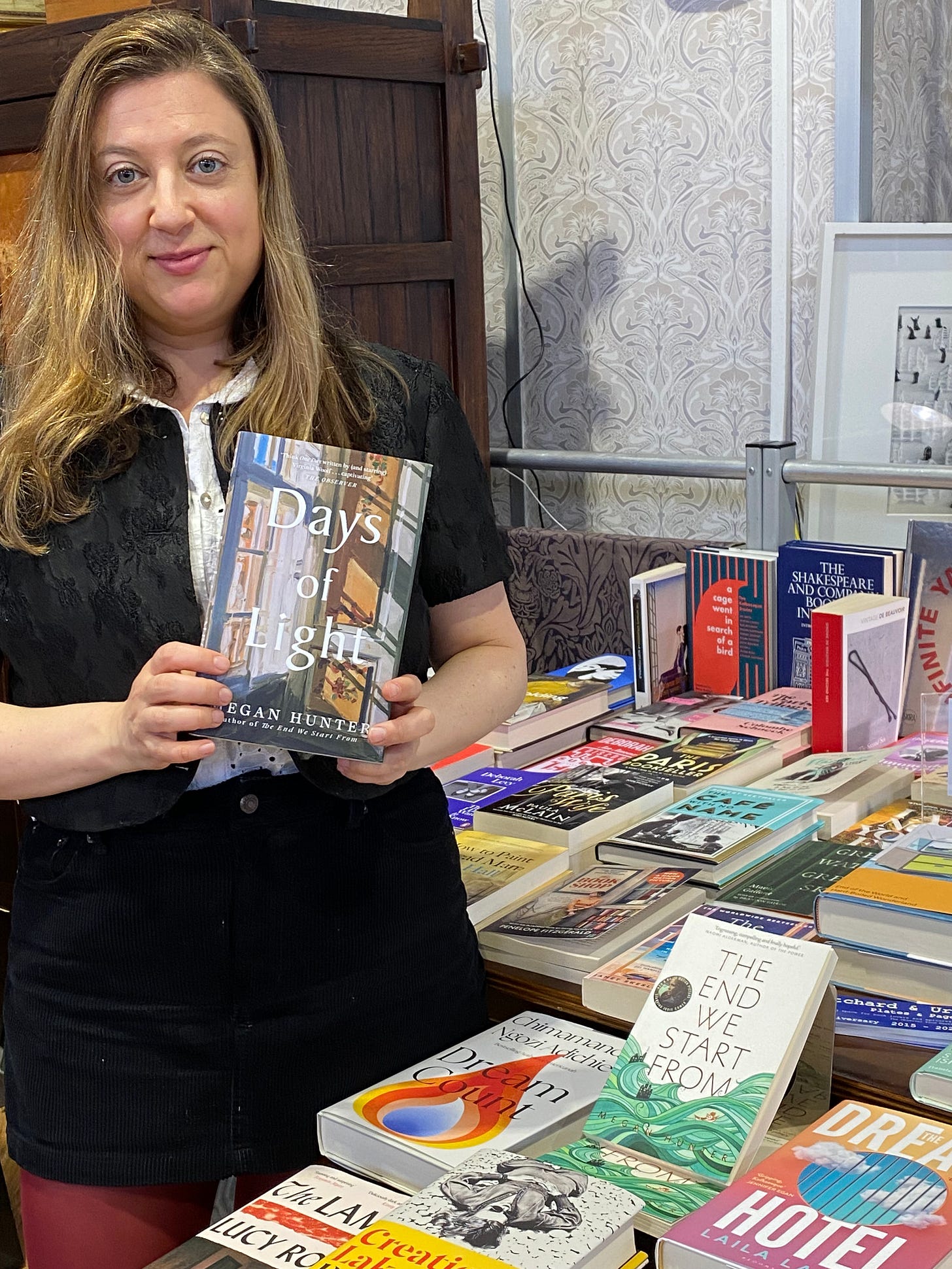
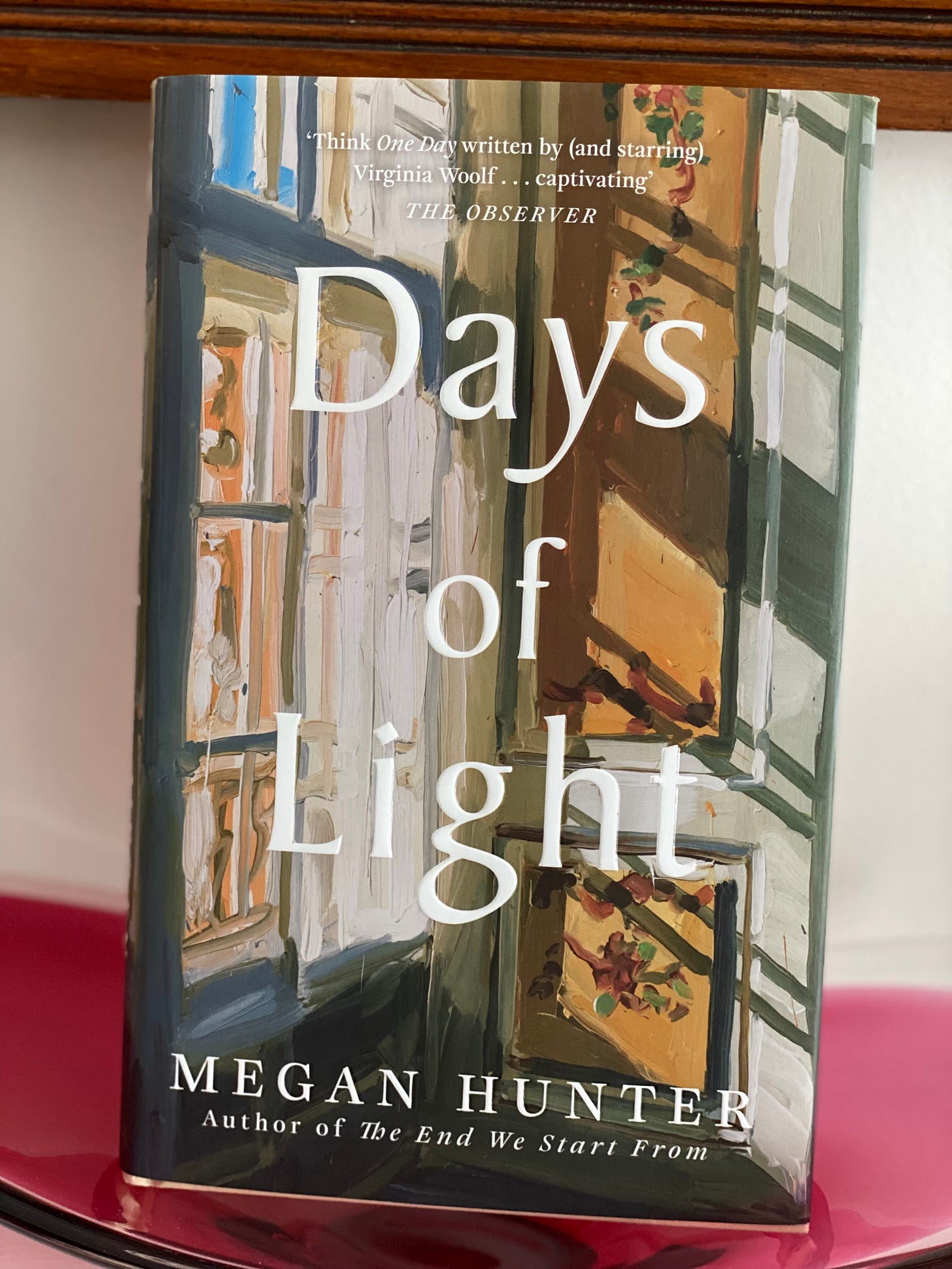





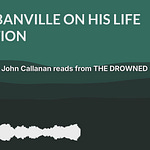

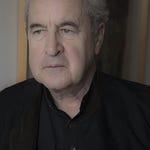
Share this post